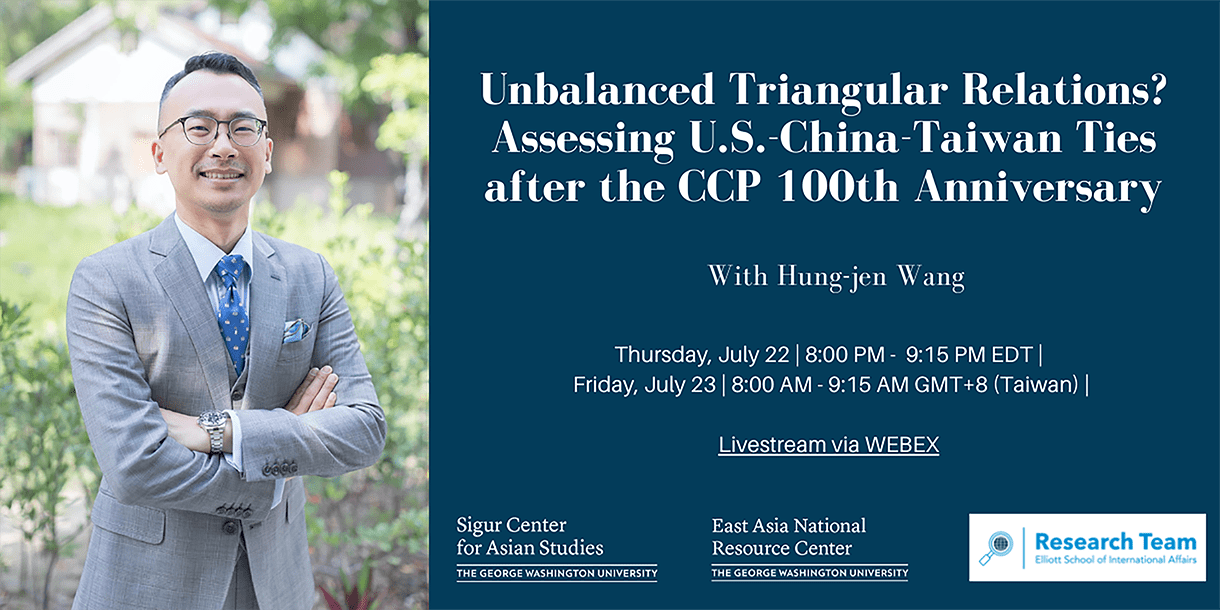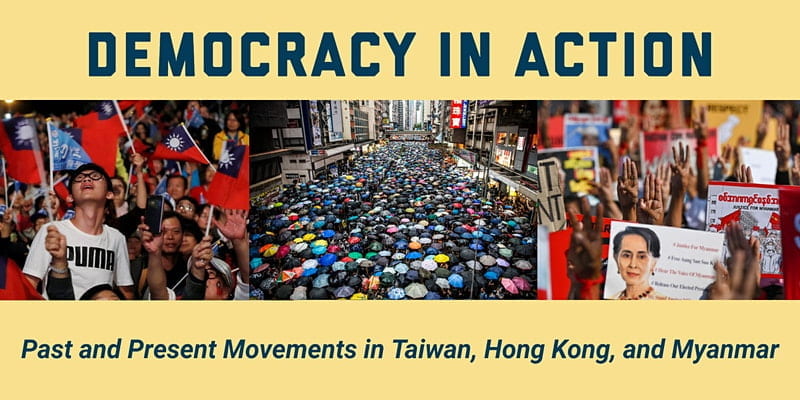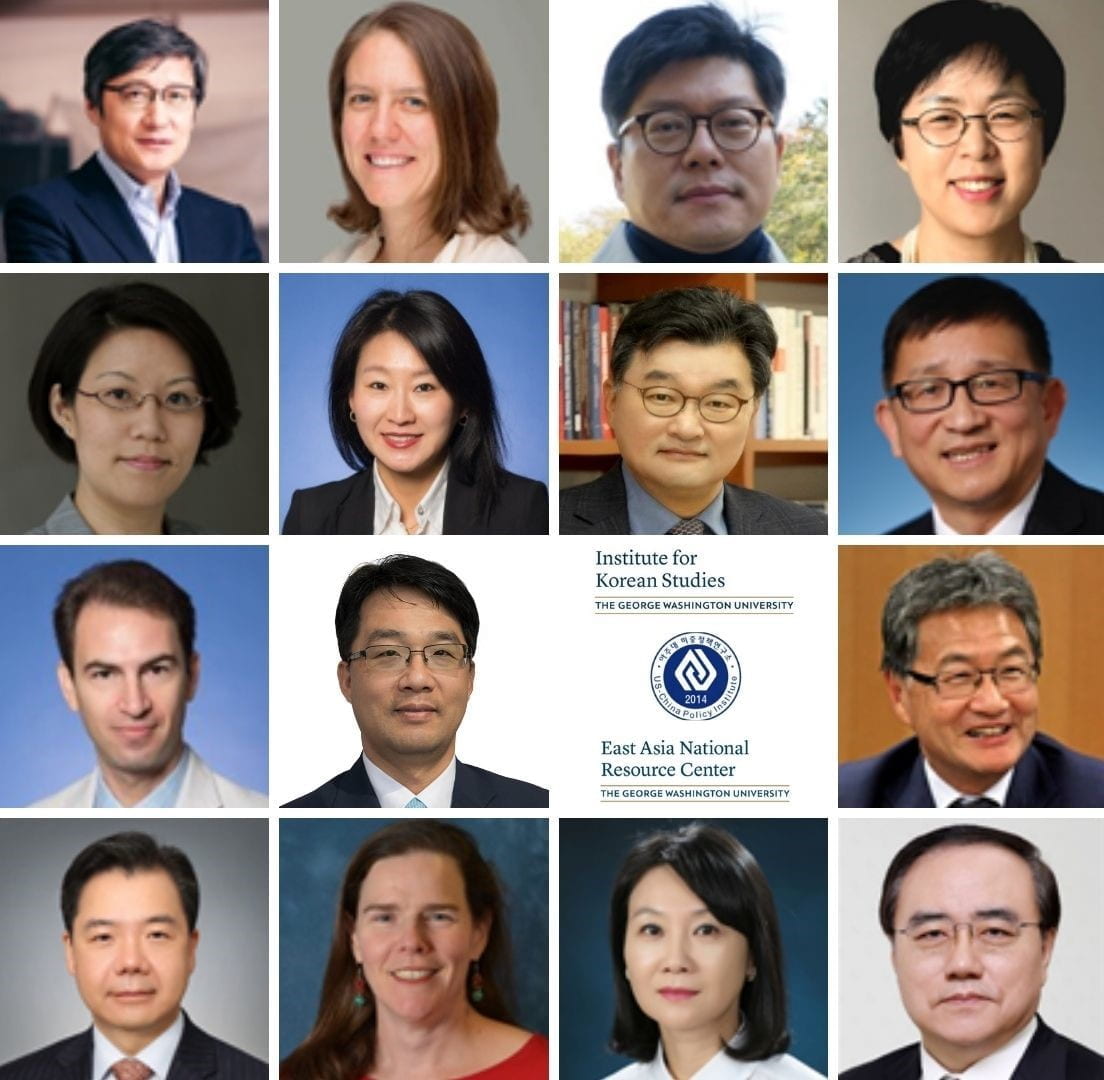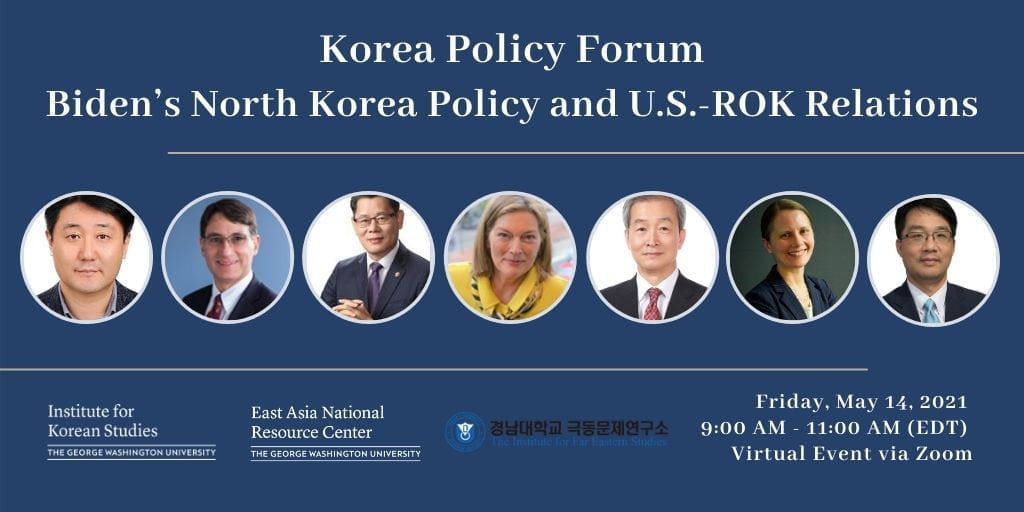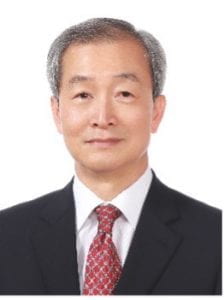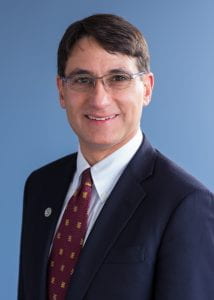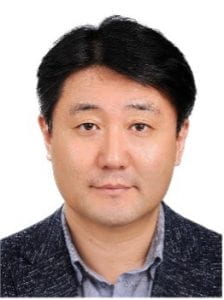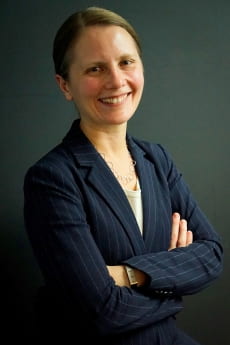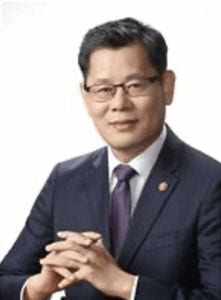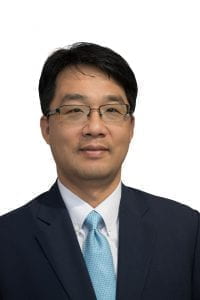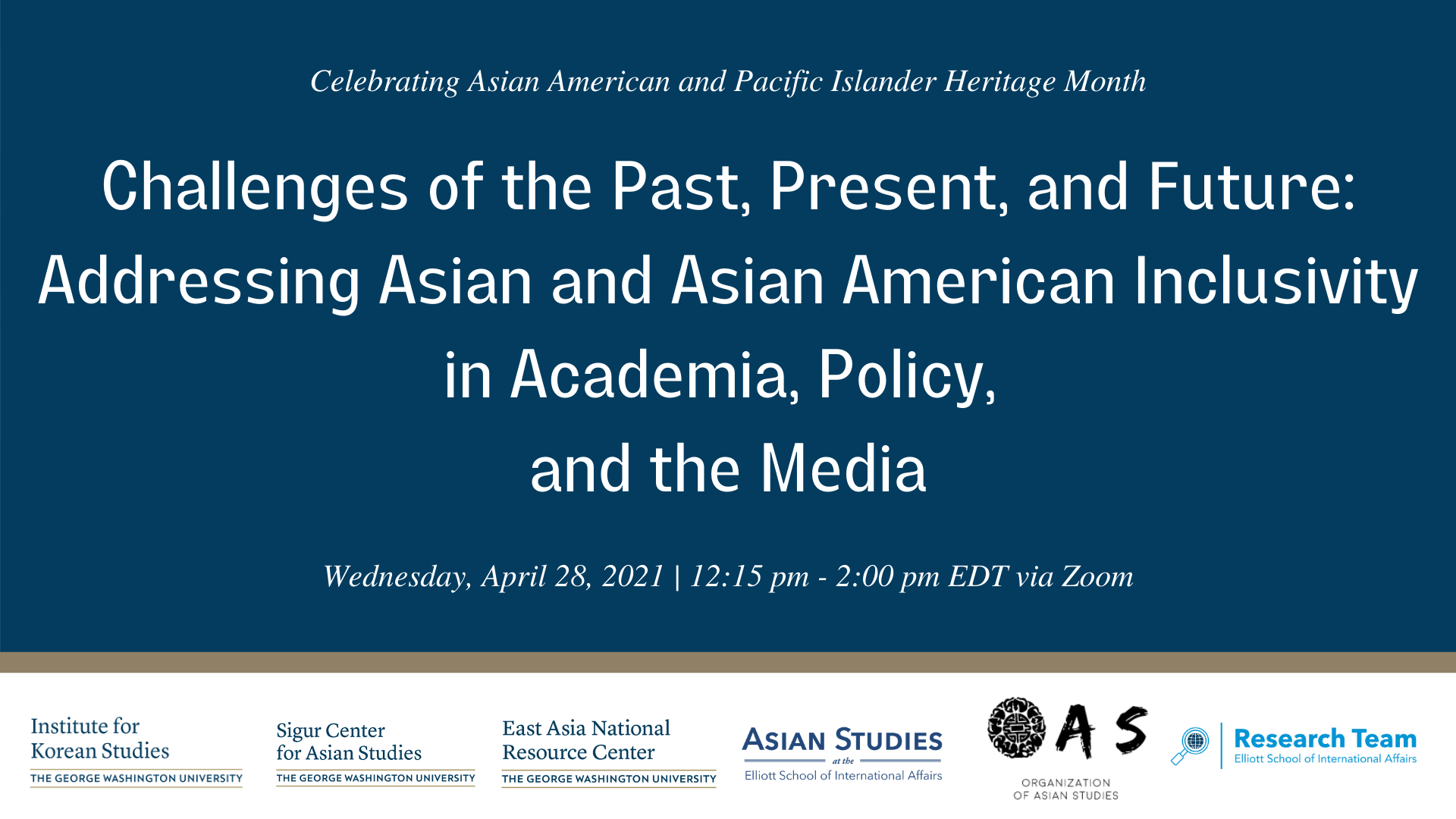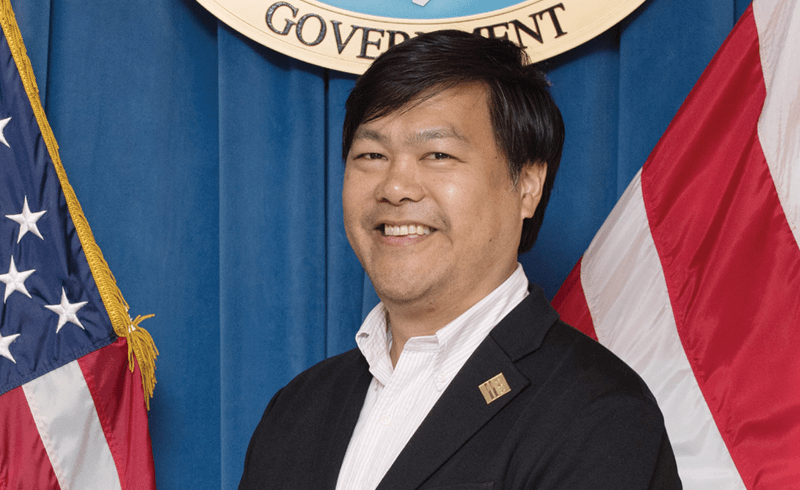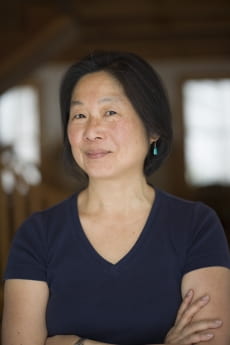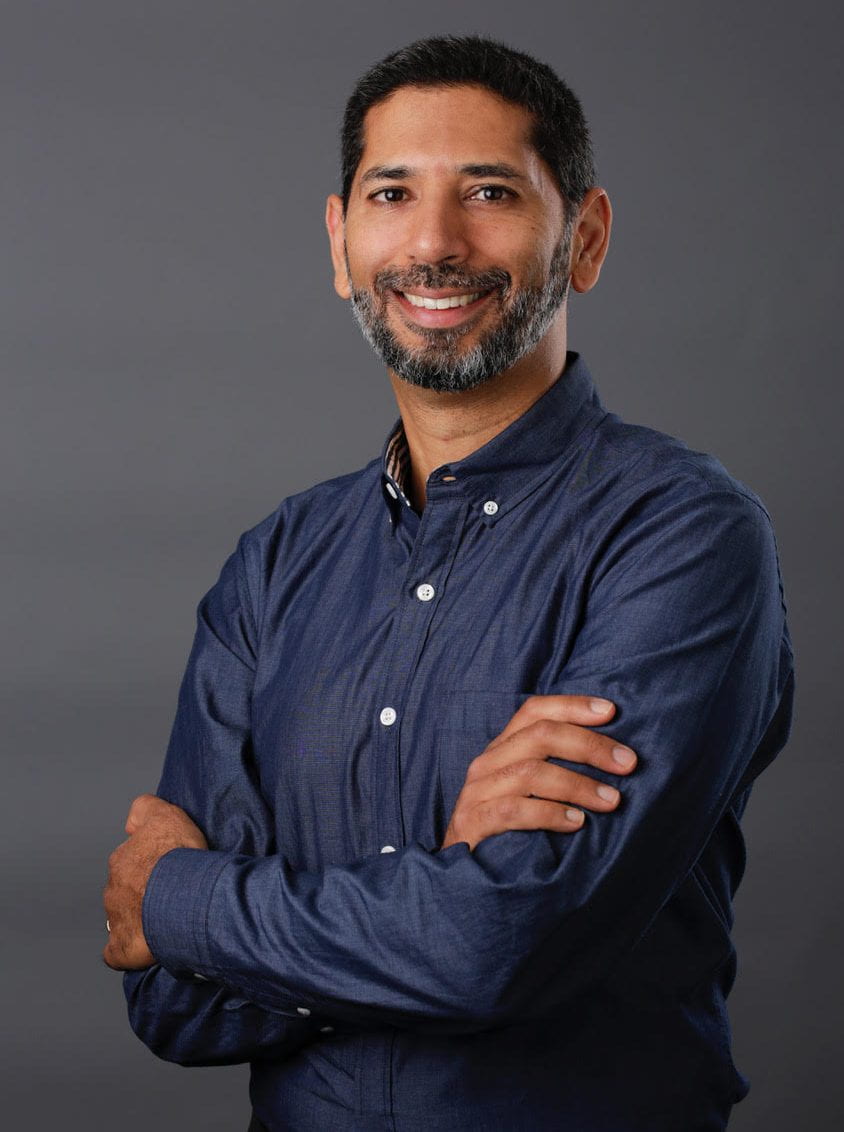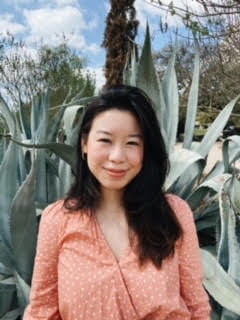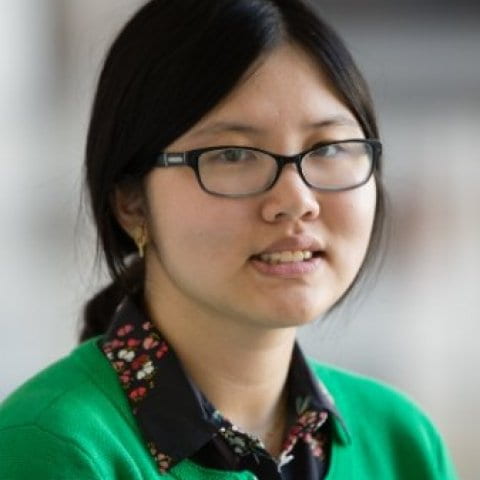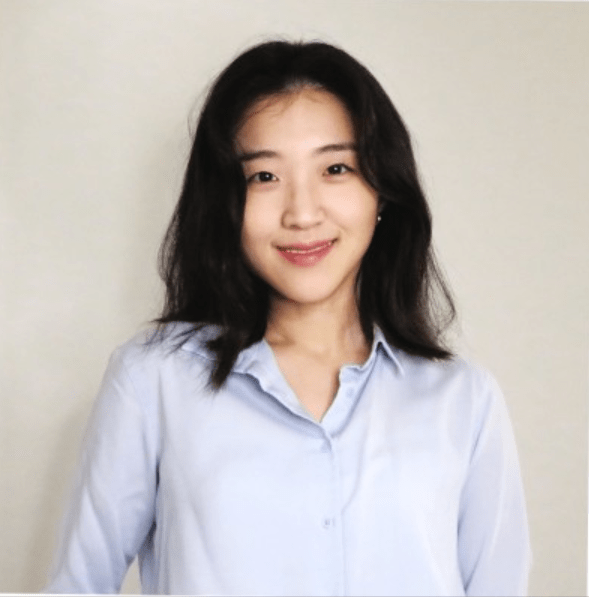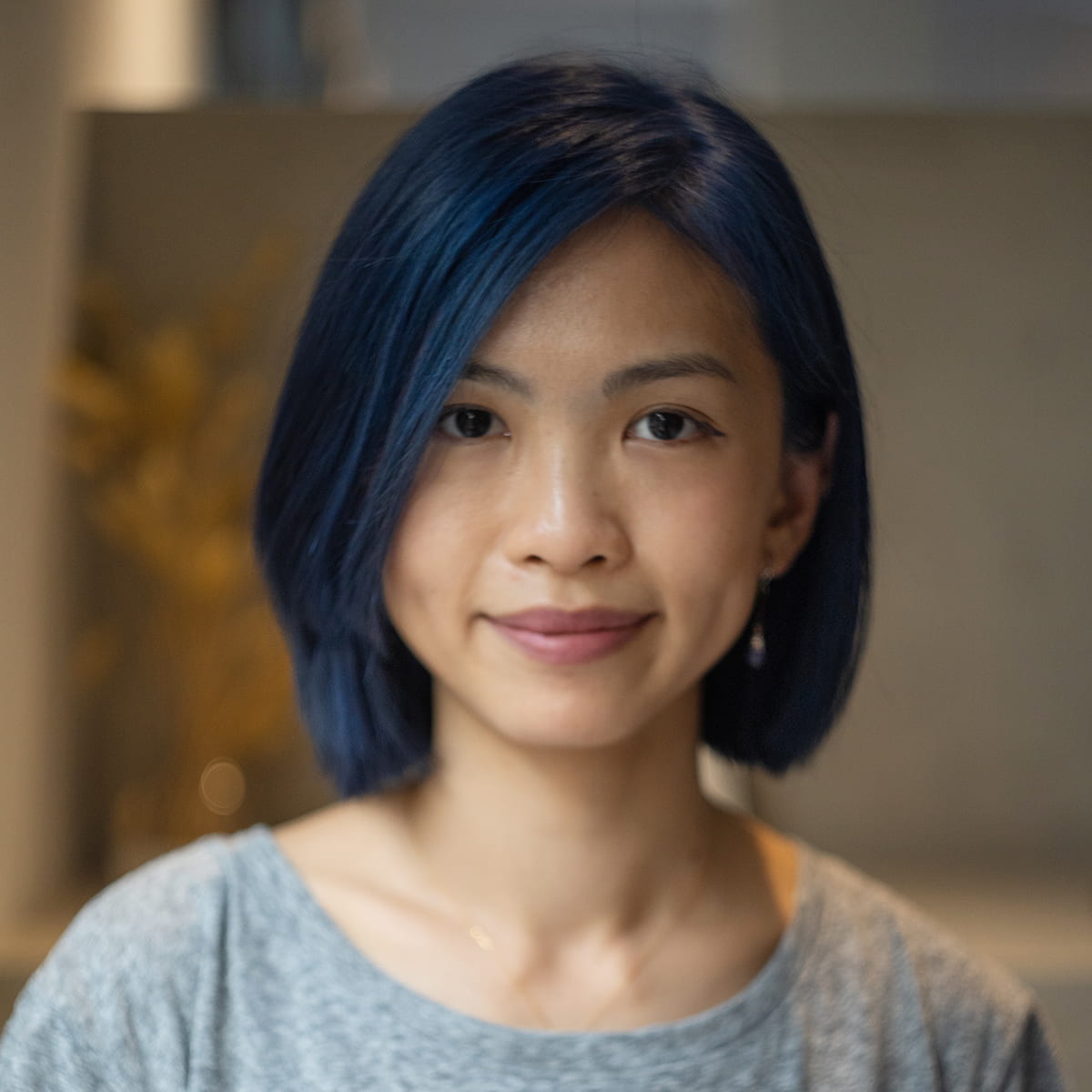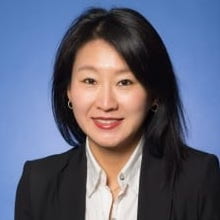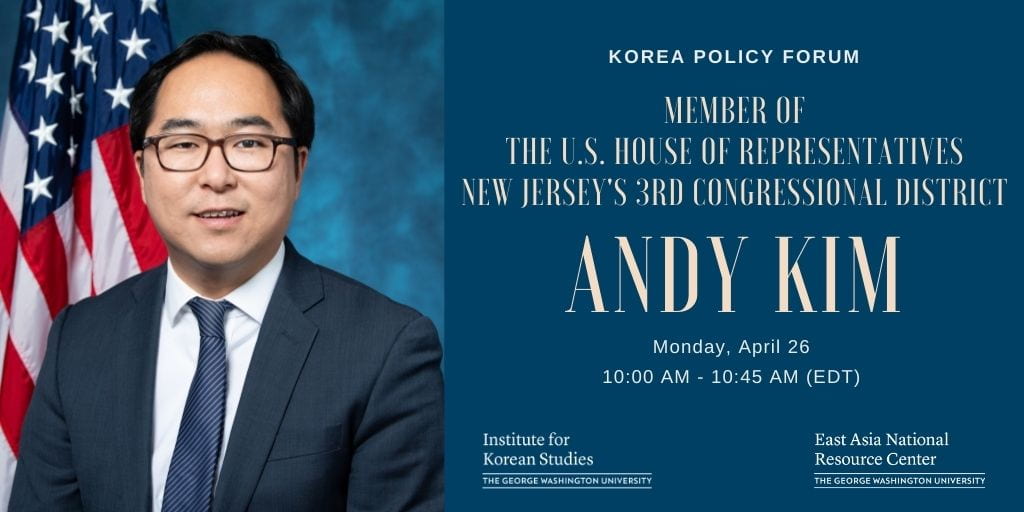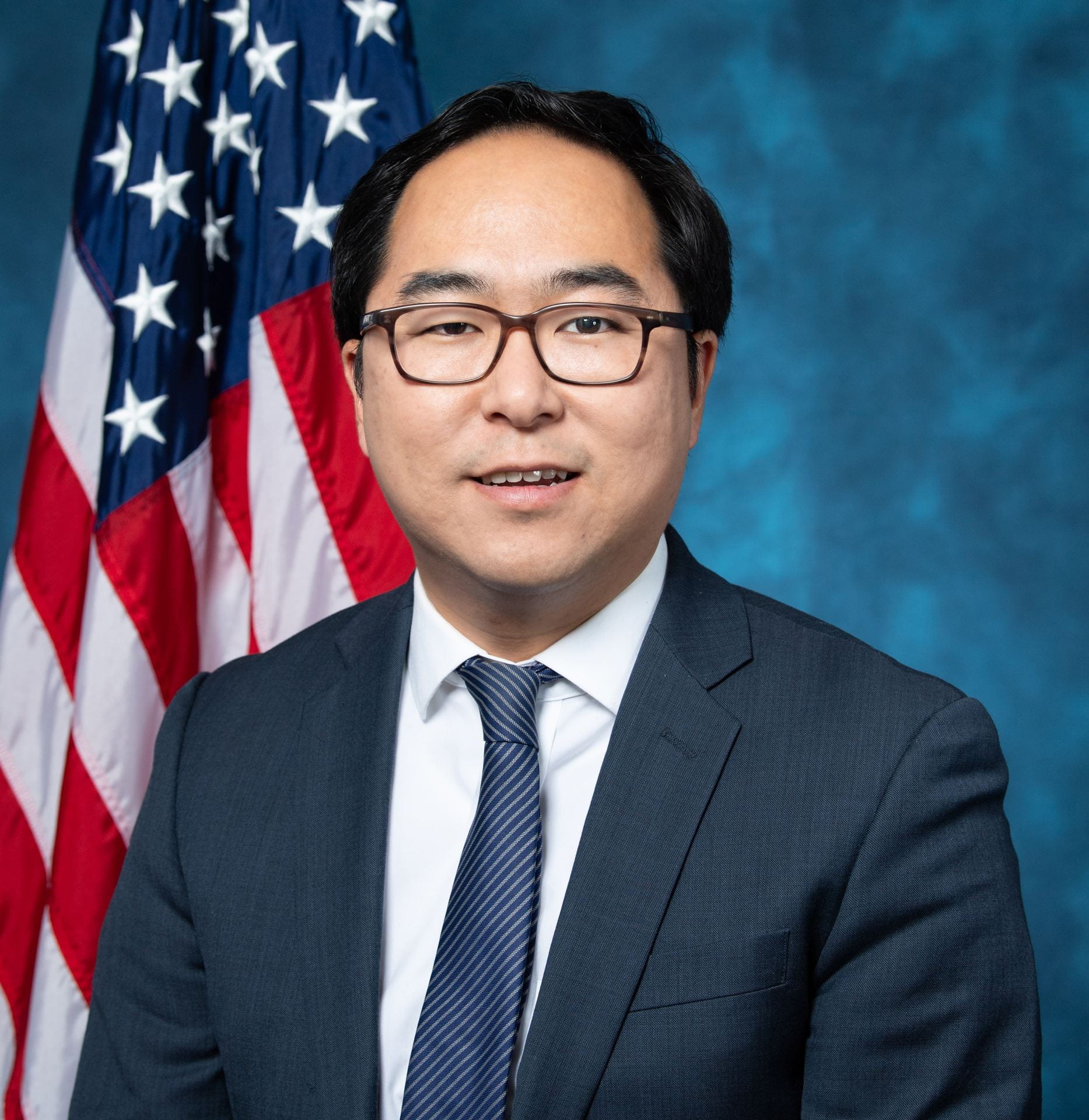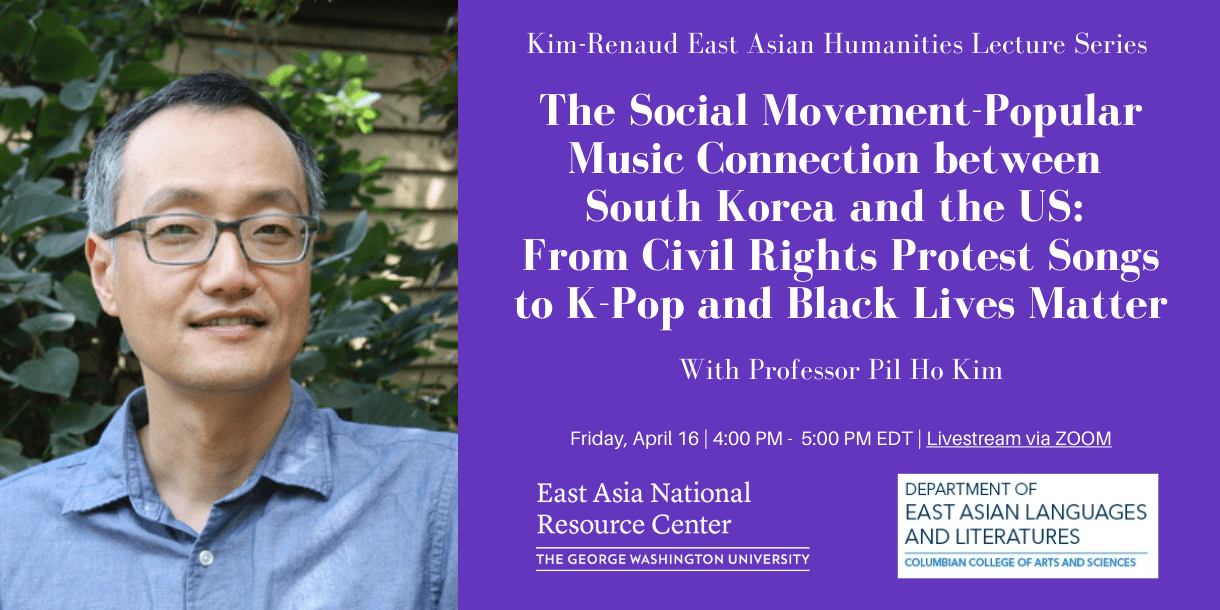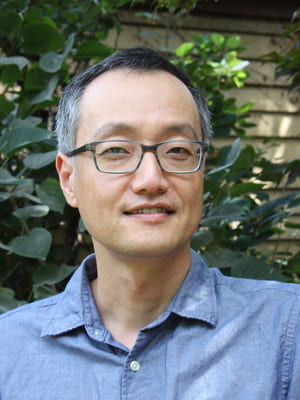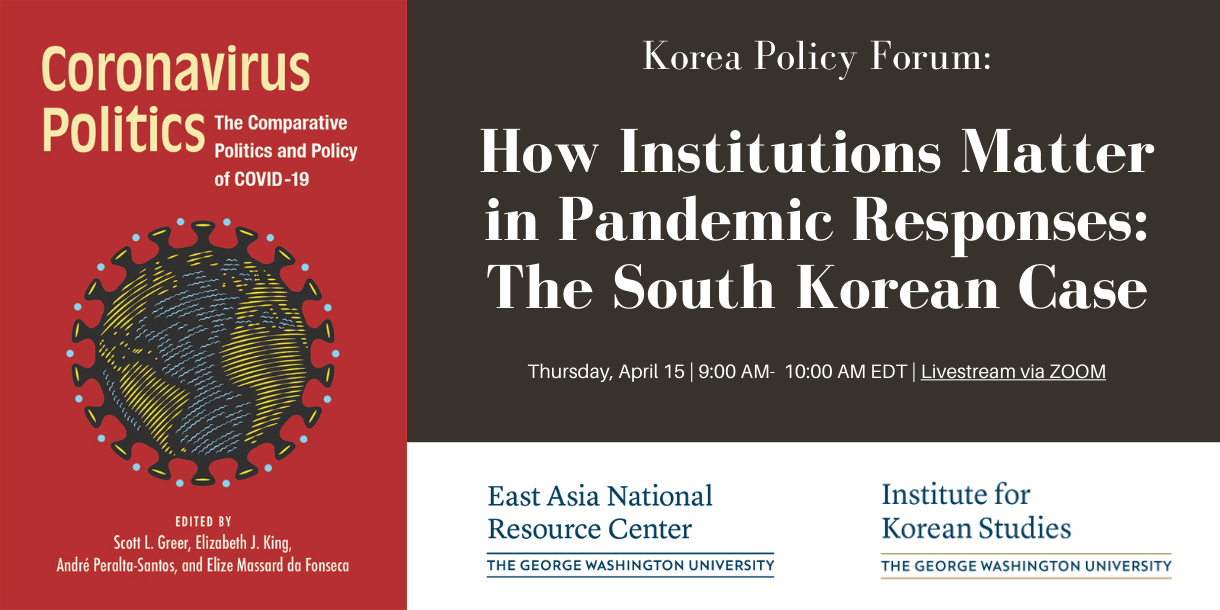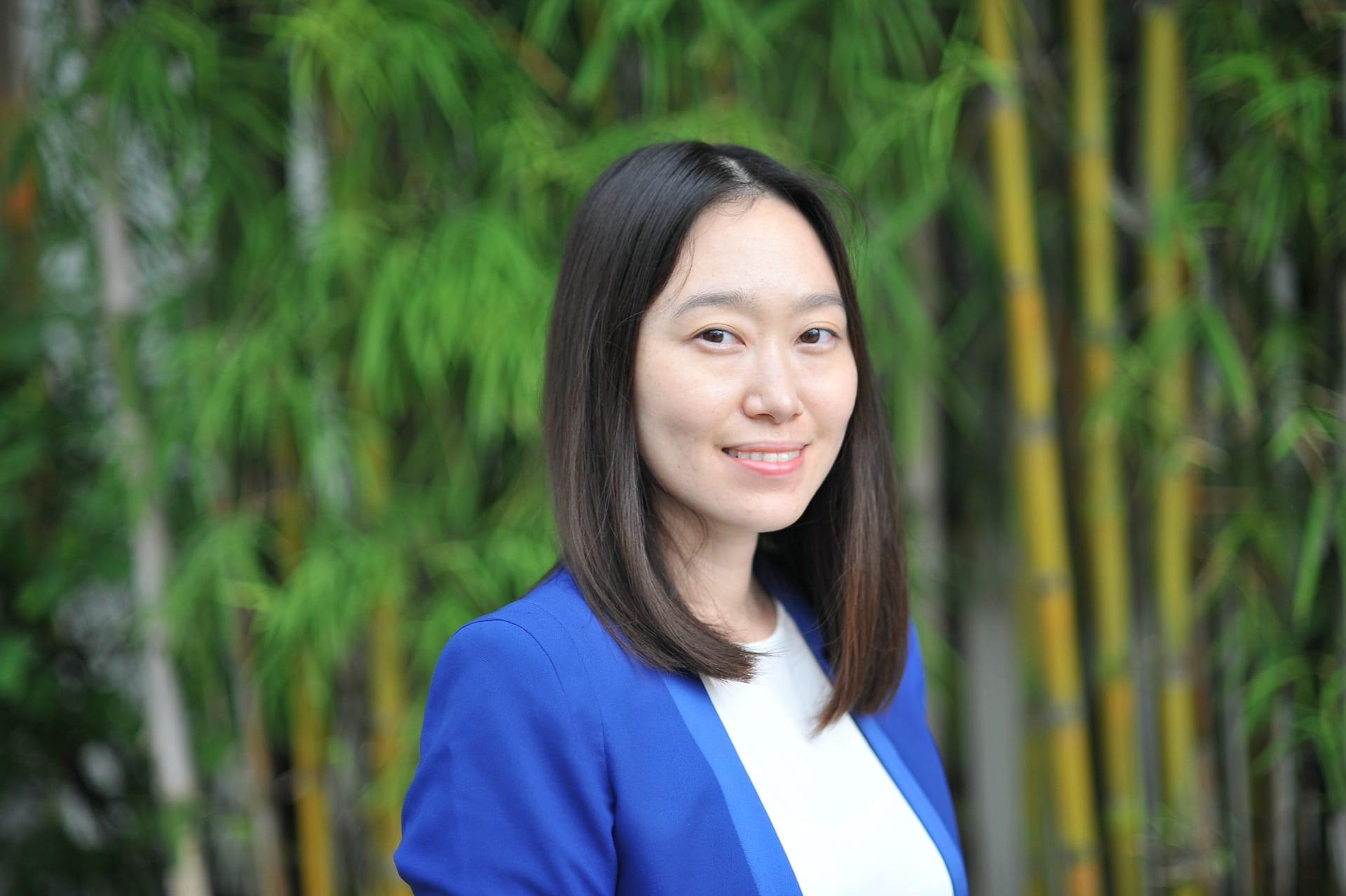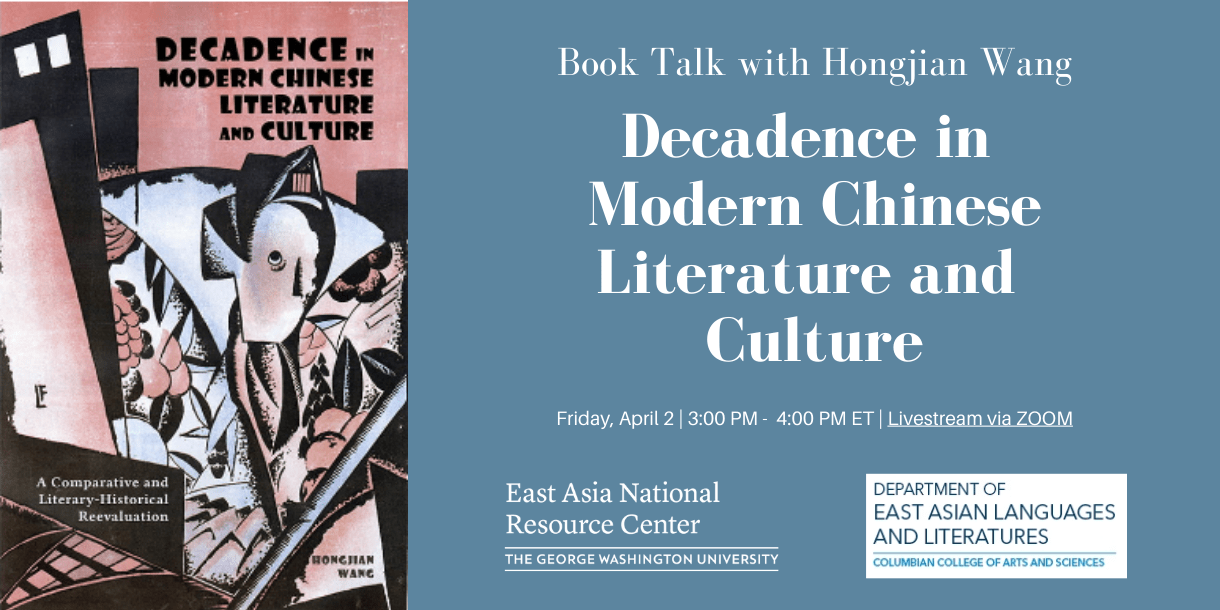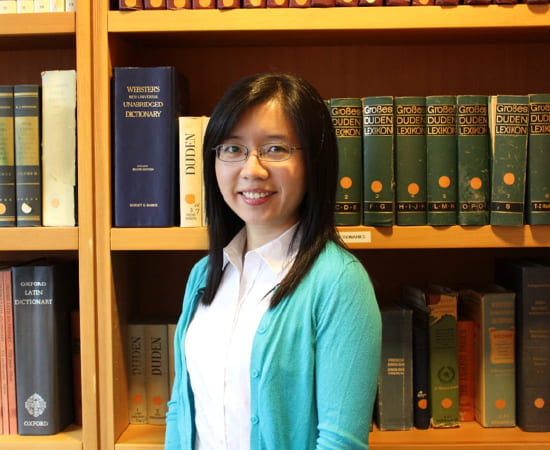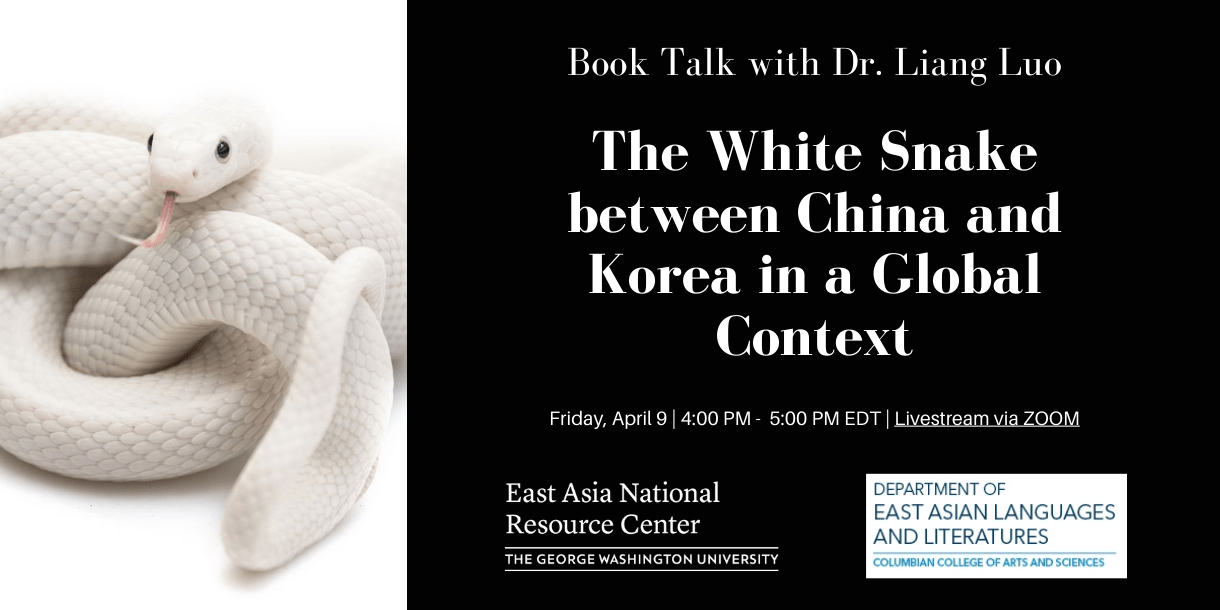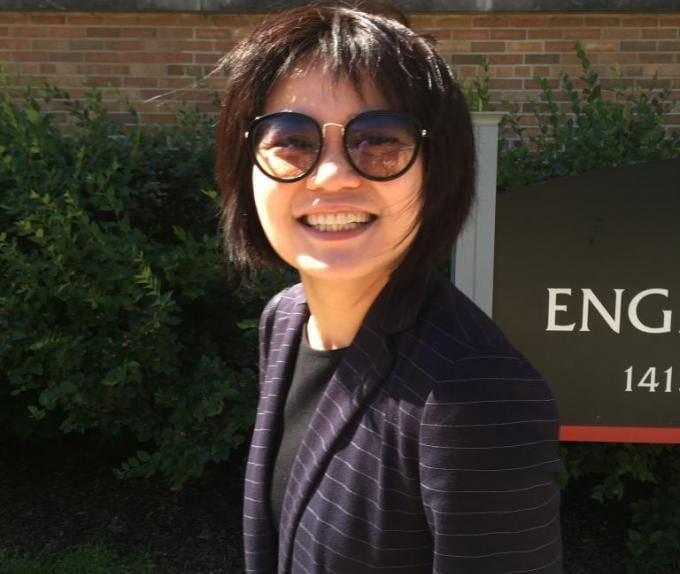Thursday, July 22, 2021 | 8:00pm – 9:15pm EDT
Friday, July 23, 2021 | 8:00pm – 9:15am GMT+8 (Taiwan)
Livestream via WEBEX
About the Event
At the 100th anniversary celebration of the Chinese Communist Party, President Xi Jinping reiterated China’s resolve to unify Taiwan and the People’s Republic of China, and warned that any power seeking to “bully” China would collide with the “Great Wall of Steel forged by over 1.4 billion Chinese people.” Meanwhile, the U.S. has continued to signal its “rock-solid” commitments to Taiwan, and recently announced its appointment of veteran diplomat Sandra Oudkirk as the new director of the American Institute in Taiwan. For its part, Taiwan must often balance its strategic aspirations and realities within these contexts, but its leaders continue to voice commitment to Taiwan’s democratic identity and open society. Undoubtedly, U.S.-China-Taiwan triangular relations endure as a set of critical political, economic, and security dynamics in the Asia-Pacific today. Join us as we discuss the latest prospects and priorities for U.S.-China-Taiwan ties with Dr. Hung-jen Wang, Associate Professor of Political Science and current GW NRC East Asia Voices Initiative Fellow.
This event is co-sponsored by the East Asia National Resource Center, Sigur Center for Asian Studies, and the Elliott School of International Affairs’ Research Team.
Speaker
Hung-jen Wang
Associate Professor of Political Science, National Cheng Kung University, Taiwan; East Asia Voices Initiative (EAVI) Fellow, East Asia NRC
Moderator
Graham Cornwell
Assistant Dean of Research, Elliott School of International Affairs
Speaker
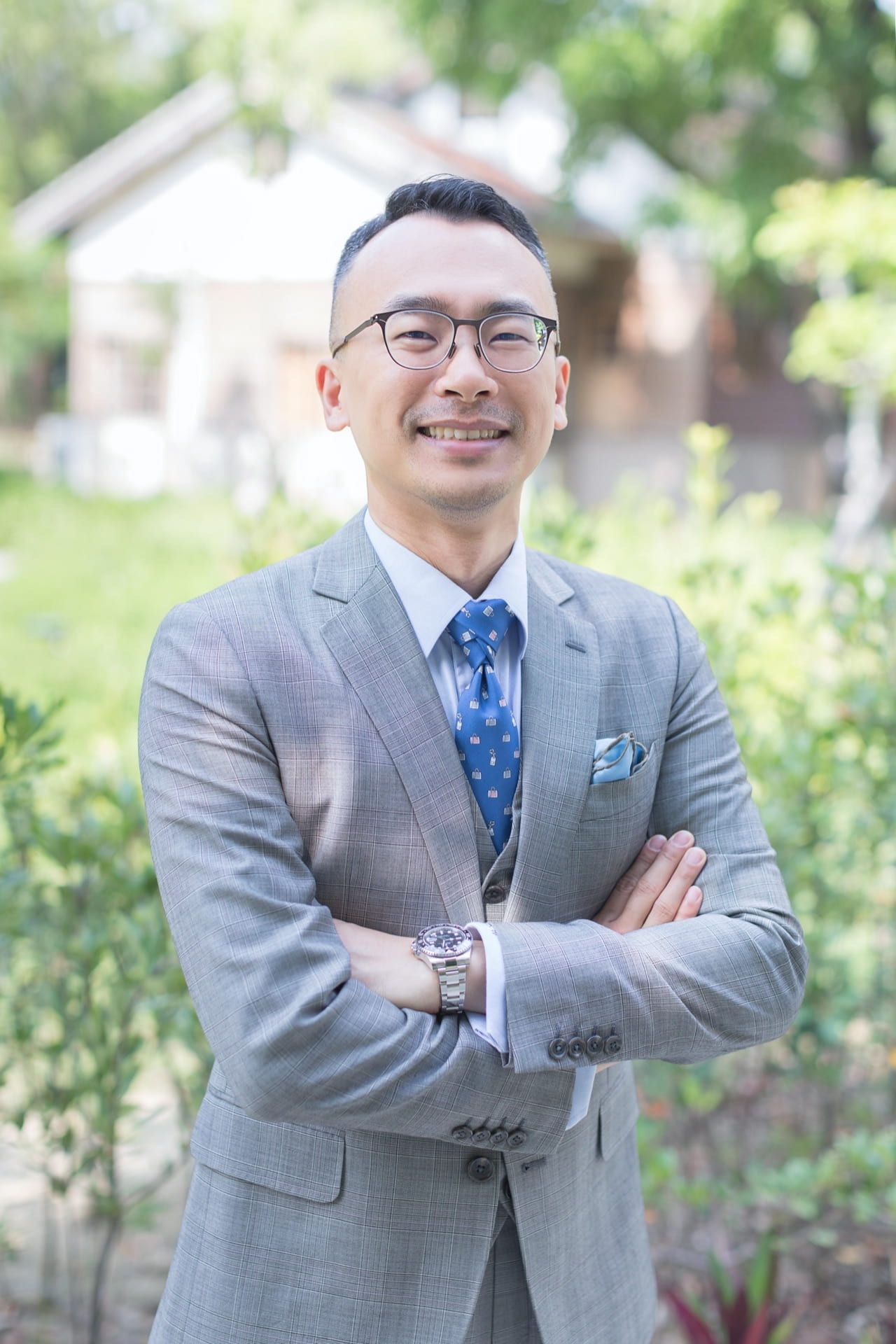
Hung-jen Wang is an Associate Professor of Political Science at National Cheng Kung University, Taiwan. His research interests focus mainly on Post-/Non-Western IR theory, Chinese foreign policy, and the cross-Taiwan Strait relations. Dr. Wang is the author of the book, The Rise of China and Chinese International Relations (IR) Scholarship (Lanham, MD: Lexington Books, 2013), and co-author of China and International Theory: The Balance of Relationships (Routledge: Taylor & Francis Group, 2019). He has also published journal articles in The China Quarterly, Global Constitutionalism, and others. He received PhD in International Politics from ERCCT/Political Science department at the University of Tübingen, Germany.
